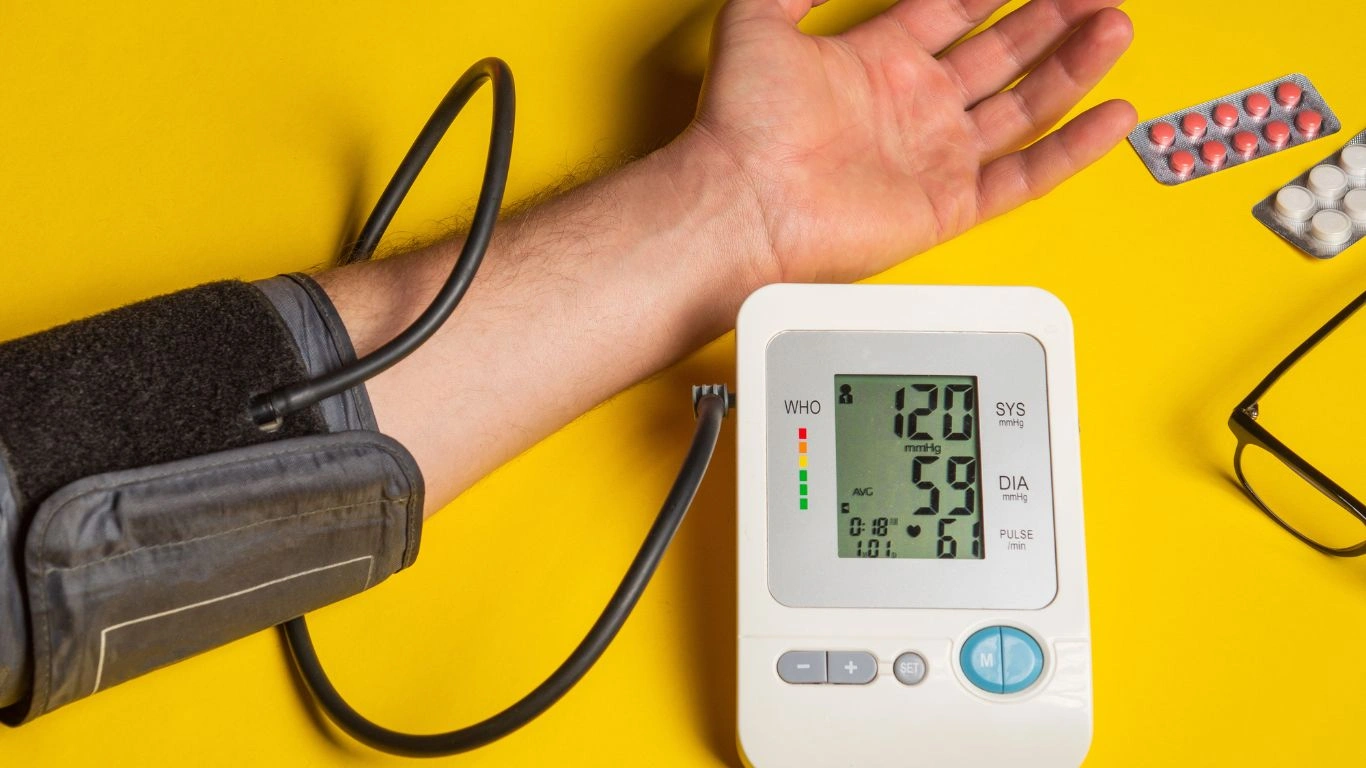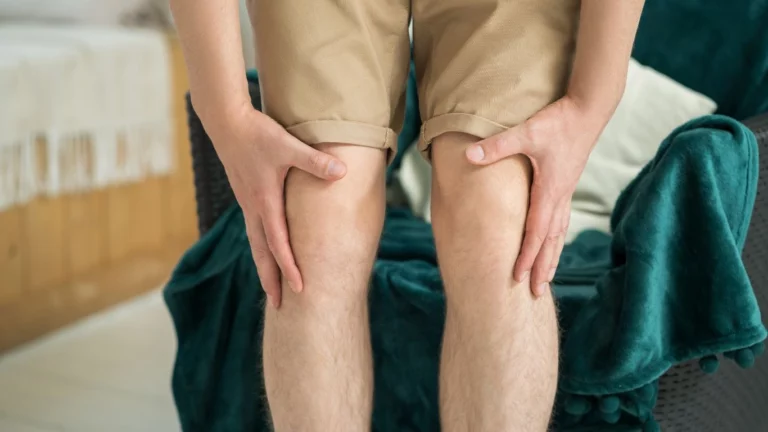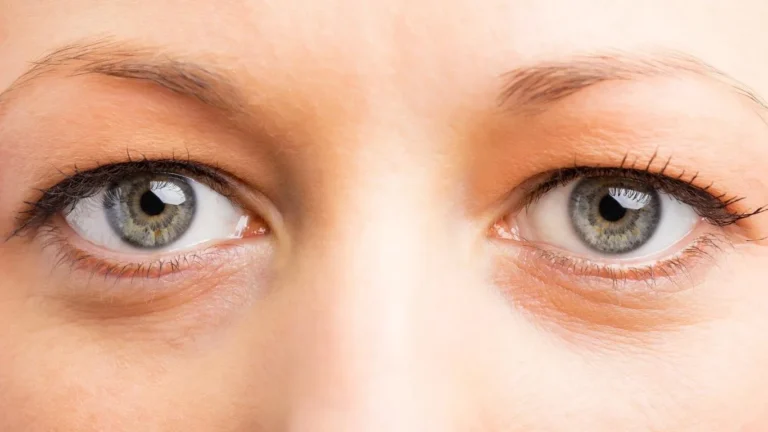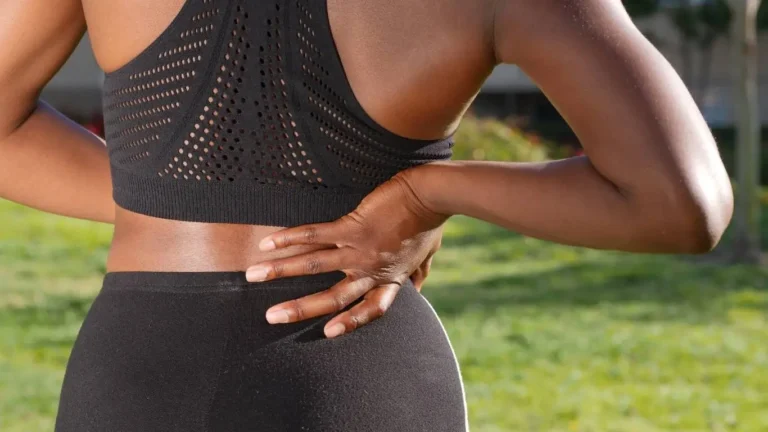Blood Pressure and Weight Loss Connection – How Losing Weight Can Help Lower Your Blood Pressure
When it comes to managing high blood pressure (hypertension), weight loss is one of the most effective strategies. If you’re trying to lower your blood pressure naturally, losing weight can have a significant impact. Let’s dive into how weight loss affects blood pressure and why it’s so important for overall heart health.
High blood pressure is a condition that affects millions of people worldwide, and it can lead to serious health issues like heart disease, stroke, and kidney problems. The good news is that blood pressure can often be managed through lifestyle changes—one of the most important being weight loss. But how exactly does shedding those extra pounds make a difference? Let’s break it down.

The Link Between Weight and Blood Pressure
Before diving into the specifics, let’s take a moment to understand why weight affects blood pressure. When you carry excess weight, particularly around your waistline, your heart has to work harder to pump blood throughout your body. This added strain can lead to higher blood pressure. On top of that, fat cells produce hormones and other substances that can raise blood pressure.
But here’s the great part: losing weight reduces this strain on your heart, and it can lead to a significant drop in blood pressure. The good news doesn’t stop there—losing weight can also help regulate other factors that contribute to high blood pressure, like reducing inflammation, improving insulin sensitivity, and lowering cholesterol.
How Much Weight Loss Can Lower Blood Pressure?
So, you might be wondering, “How much weight do I need to lose to see a difference in my blood pressure?” The answer depends on your current weight and how much weight you need to lose. But studies have shown that even a modest weight loss of 5-10% of your body weight can make a noticeable difference in both systolic and diastolic blood pressure. For example, if you weigh 200 pounds, losing just 10-20 pounds could result in a meaningful reduction in both systolic and diastolic blood pressure.
The Science Behind the Drop in Blood Pressure
The reason why weight loss helps reduce blood pressure is rooted in biology. When you lose weight, your body becomes more efficient in handling blood flow. Your heart doesn’t have to work as hard, which reduces the force of blood against the walls of your arteries (a.k.a. blood pressure). Furthermore, weight loss helps lower the amount of sodium retained by the body, which in turn reduces fluid retention—a key factor in high blood pressure.

What’s the Best Way to Lose Weight for Blood Pressure?
You might be thinking, “Okay, I get that weight loss helps, but how do I go about it?” Well, here are a few tips for losing weight in a way that will help lower your blood pressure:
1. Focus on a Balanced Diet
Start by adopting a diet that’s rich in fruits, vegetables, lean proteins, and whole grains. The DASH (Dietary Approaches to Stop Hypertension) diet, which emphasizes these food groups, has been shown to help lower blood pressure. It also limits processed foods, sodium, and unhealthy fats, which are often culprits in high blood pressure.
2. Exercise Regularly
Exercise is key to weight loss and overall heart health. Aim for at least 150 minutes of moderate-intensity aerobic activity (like brisk walking, cycling, or swimming) per week. Exercise not only helps you burn calories but also strengthens your heart, making it more efficient at pumping blood.
3. Reduce Stress
Chronic stress can contribute to high blood pressure, and it can also make it harder to lose weight. Try incorporating stress-reducing practices like yoga, meditation, or deep breathing exercises into your routine. Lower stress can help you stay focused on your weight loss goals and keep your blood pressure in check.

Additional Benefits of Weight Loss for Blood Pressure
Aside from lowering your blood pressure, losing weight can have a host of other benefits for your heart and overall health. Here are a few more reasons why you should consider shedding some pounds:
1. Improved Cholesterol Levels
Losing weight can help improve your cholesterol profile by raising your levels of HDL (the “good” cholesterol) and lowering your levels of LDL (the “bad” cholesterol). Better cholesterol levels are crucial for heart health and can further help control blood pressure.
2. Better Insulin Sensitivity
Being overweight or obese can lead to insulin resistance, which is a major risk factor for developing type 2 diabetes. Losing weight can help improve insulin sensitivity and reduce your risk of diabetes, which is closely linked to high blood pressure.
3. Reduced Risk of Heart Disease
By improving your blood pressure, cholesterol, and insulin sensitivity, weight loss significantly lowers your risk of heart disease. It can also prevent other complications like stroke and kidney disease, which are often linked to untreated hypertension.
Conclusion
If you’re dealing with high blood pressure, weight loss is one of the most effective, natural ways to lower it. Even modest weight loss can have a big impact on your blood pressure and reduce your risk of developing other serious health conditions. So, whether you need to lose a few pounds or a lot, taking steps toward a healthier weight can help you live a longer, healthier life.
Appendices
References
For further reading on the connection between blood pressure and weight loss, check out these trusted sources:
- American Heart Association. (2023). “How Weight Affects Blood Pressure.” Read Article
- National Institutes of Health. (2024). “The DASH Diet: A Guide to Lowering Blood Pressure.” Read Article
- Smith, J., & Williams, R. (2022). “Obesity, Hypertension, and the Role of Weight Loss.” Journal of Hypertension, 40(4), 220-228. Read Article
FAQs
- How much weight do I need to lose to lower my blood pressure? Even losing 5-10% of your body weight can have a noticeable impact on lowering blood pressure.
- Can exercise help lower blood pressure? Yes, regular exercise can improve blood circulation, reduce stress, and contribute to weight loss—all of which help lower blood pressure.
- What foods should I eat to help lower my blood pressure? Foods like fruits, vegetables, whole grains, lean proteins, and low-fat dairy are excellent for lowering blood pressure.
- Is weight loss the only way to lower blood pressure? While weight loss is effective, other factors like reducing salt intake, managing stress, and taking prescribed medications can also help manage blood pressure.
- How fast can I see results from weight loss on my blood pressure? You may begin to see improvements in your blood pressure after losing just a few pounds, but more significant changes might take a few weeks to a couple of months.
Disclaimer: The information provided in this article is for educational purposes only and does not substitute for professional medical advice. Always consult your healthcare provider before making significant changes to your diet or exercise routine. Individual results may vary.

Dr. Gwenna Aazee is a board-certified Internal Medicine Physician with a special focus on hypertension management, chronic disease prevention, and patient education. With years of experience in both clinical practice and medical writing, she’s passionate about turning evidence-based medicine into accessible, actionable advice. Through her work at Healthusias.com, Dr. Aazee empowers readers to take charge of their health with confidence and clarity. Off the clock, she enjoys deep dives into nutrition research, long walks with her rescue pup, and simplifying medical jargon one article at a time.







